Uncover Common Oriental Cat Health Issues and Prevention Tips
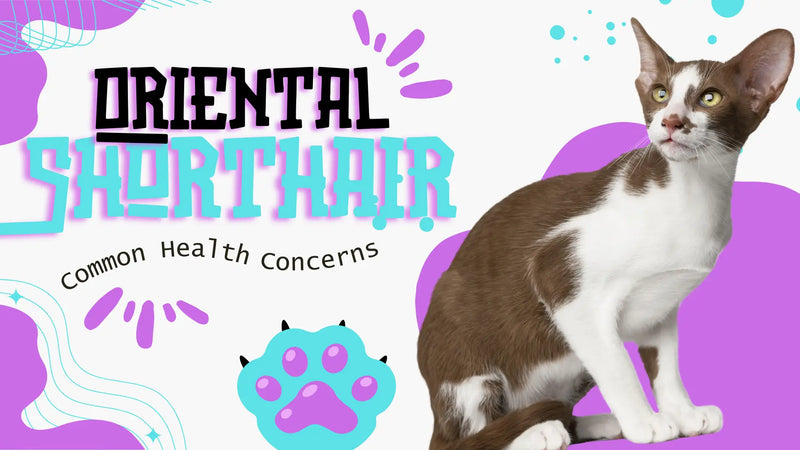
Owning an Oriental Cat can be a joyous experience. These elegant feline companions are known for their sleek bodies, large ears, and vibrant personalities. Learn more of Oriental Shorthair with our Oriental Shorthair Comprehensive Breed Overview. However, like all breeds, Oriental Cats can face specific health issues that require attention and care. In this article, we'll explore the common health concerns that Oriental Cat owners should be aware of, providing valuable insights into maintaining the well-being of your beloved pet.
Dental Health: Beyond Pearly Whites
Maintaining good dental hygiene is crucial for any cat, and Orientals are no exception. These cats are prone to dental issues such as gingivitis and periodontal disease. Regular dental check-ups and a balanced diet can go a long way in preventing these problems. Check our blog on Oriental Cat Grooming and Maintenance to ensure that your Oriental Shorthair cat is having both coat, dental and other maintenance that they need.
Signs of Dental Problems
- Bad breath
- Red or swollen gums
- Difficulty eating
- Excessive drooling
Respiratory Sensitivity: The Siamese Connection
Oriental Cats share genetic roots with Siamese cats, and this link brings about a predisposition to respiratory issues. Feline Asthma is a common concern, often triggered by environmental factors like dust, smoke, or pollen.
Managing Respiratory Concerns
- Keep the living environment clean and free of irritants.
- Consider air purifiers to improve indoor air quality.
Nutritional Needs: Fueling the Energetic Soul
Orientals are known for their high activity levels and lean physique. It's imperative to provide them with a balanced diet that meets their unique nutritional needs. Protein-rich foods and portion control are key factors in keeping them healthy and active. If you want to provide the best nutrition for you Oriental Shorthair, check our blog on Choosing the Right Diet for Your Oriental Cat.
Ideal Diet for Oriental Cats
- High-quality protein sources (chicken, turkey, fish)
- Limited carbohydrates
- Omega-3 fatty acids for a shiny coat
Allergies: Unraveling the Sensitivities
Some Oriental Cats may be prone to allergies, particularly to certain foods or environmental elements. Watch out for signs like excessive itching, skin redness, or digestive issues. Identifying and eliminating the allergen is essential for their well-being.
Addressing Allergies
- Consult with a veterinarian for allergy testing.
- Implement hypoallergenic diets or lifestyle adjustments as recommended.
Kidney Health: A Critical Concern
As with many cat breeds, Oriental Cats can be susceptible to kidney-related problems, especially as they age. Regular check-ups and a hydration-focused diet can help maintain optimal kidney function.
Tips for Kidney Health
- Provide fresh, clean water at all times.
- Monitor urine output and seek veterinary advice if there are changes.
Conclusion
Oriental Cats are enchanting companions that bring joy and vibrancy to our lives. By understanding and addressing their specific health concerns, we can ensure they lead happy, healthy lives. Remember, regular veterinary check-ups, a balanced diet, and a loving environment are the cornerstones of their well-being. Discover the fascinating history and origin of the Oriental Cat breed in this insightful article. Explore how these elegant felines evolved into the beloved companions we know today. For a comprehensive understanding, complement your knowledge with this informative piece: The History and Origin of the Oriental Cat Breed. If you are looking for Oriental Shorthair Kittens, try to check our excellent selection of Oriental Cats Cats kittens for sale.
Tags:
#Health




































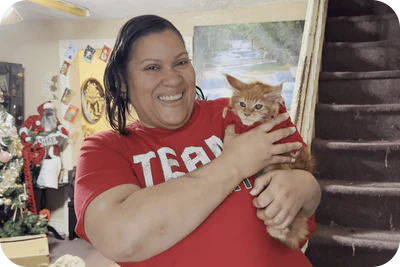












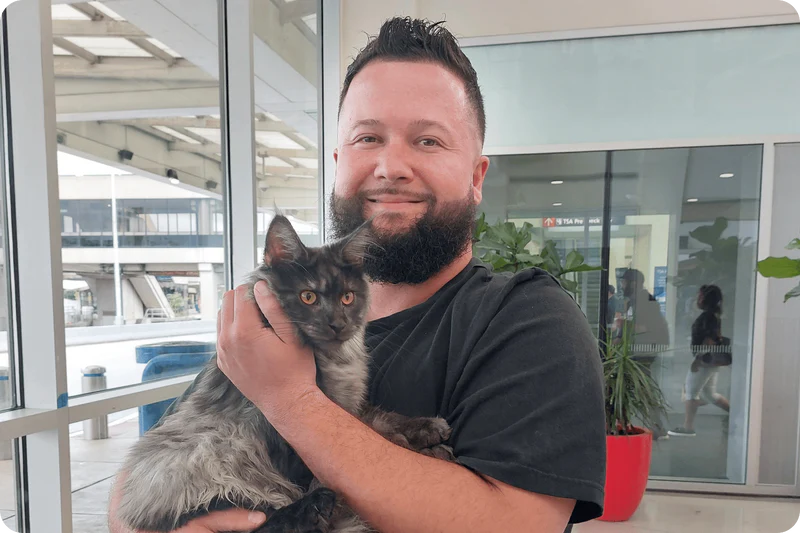


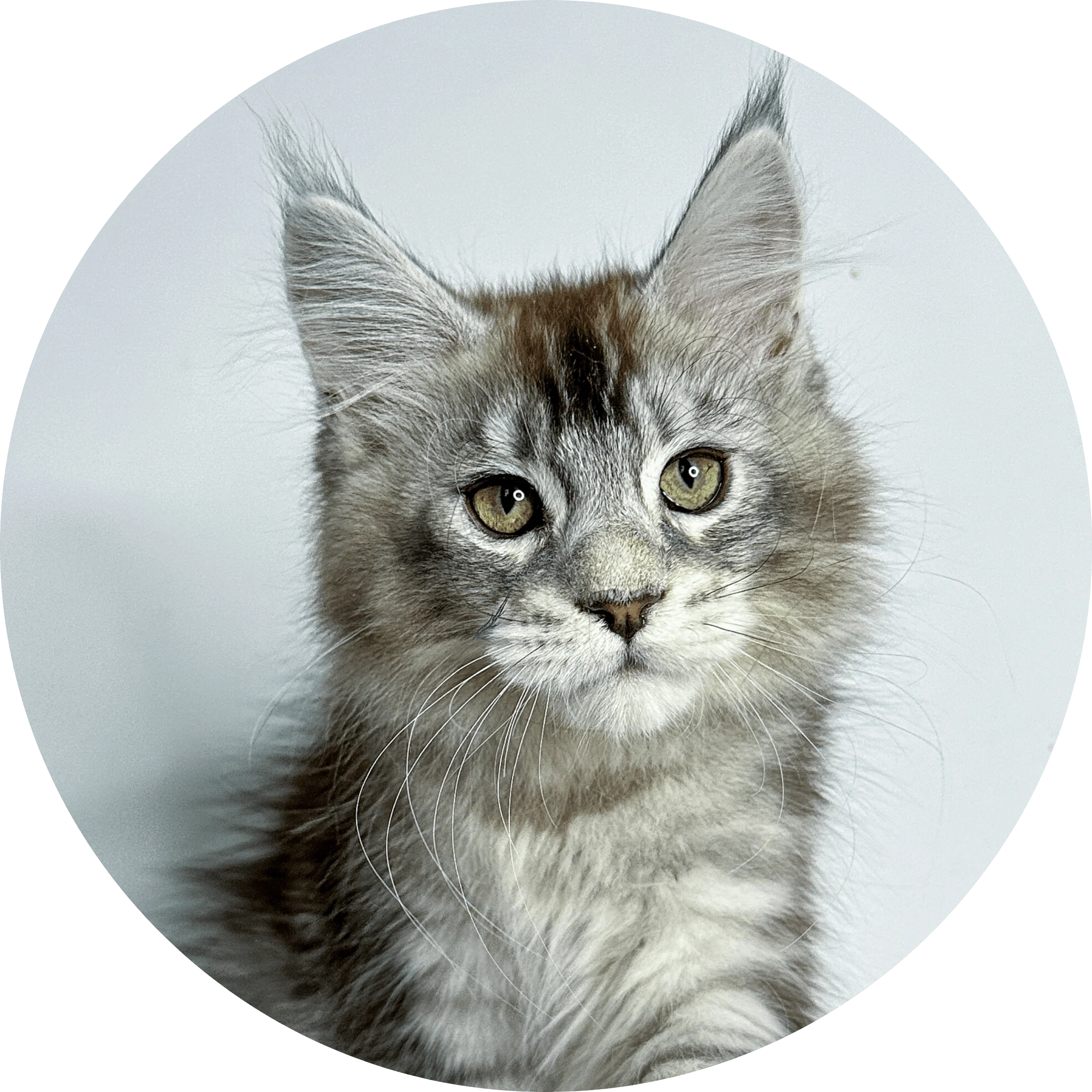
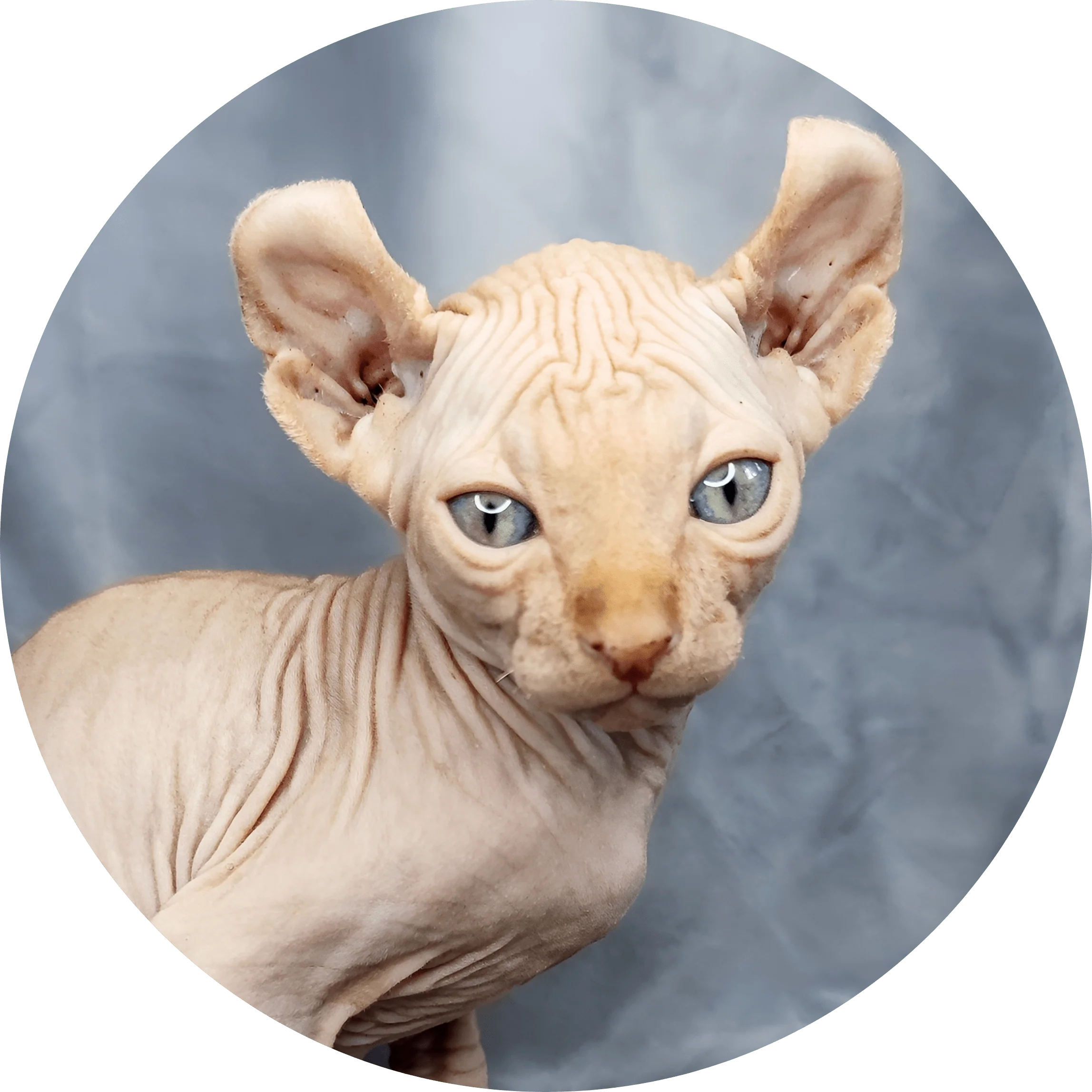
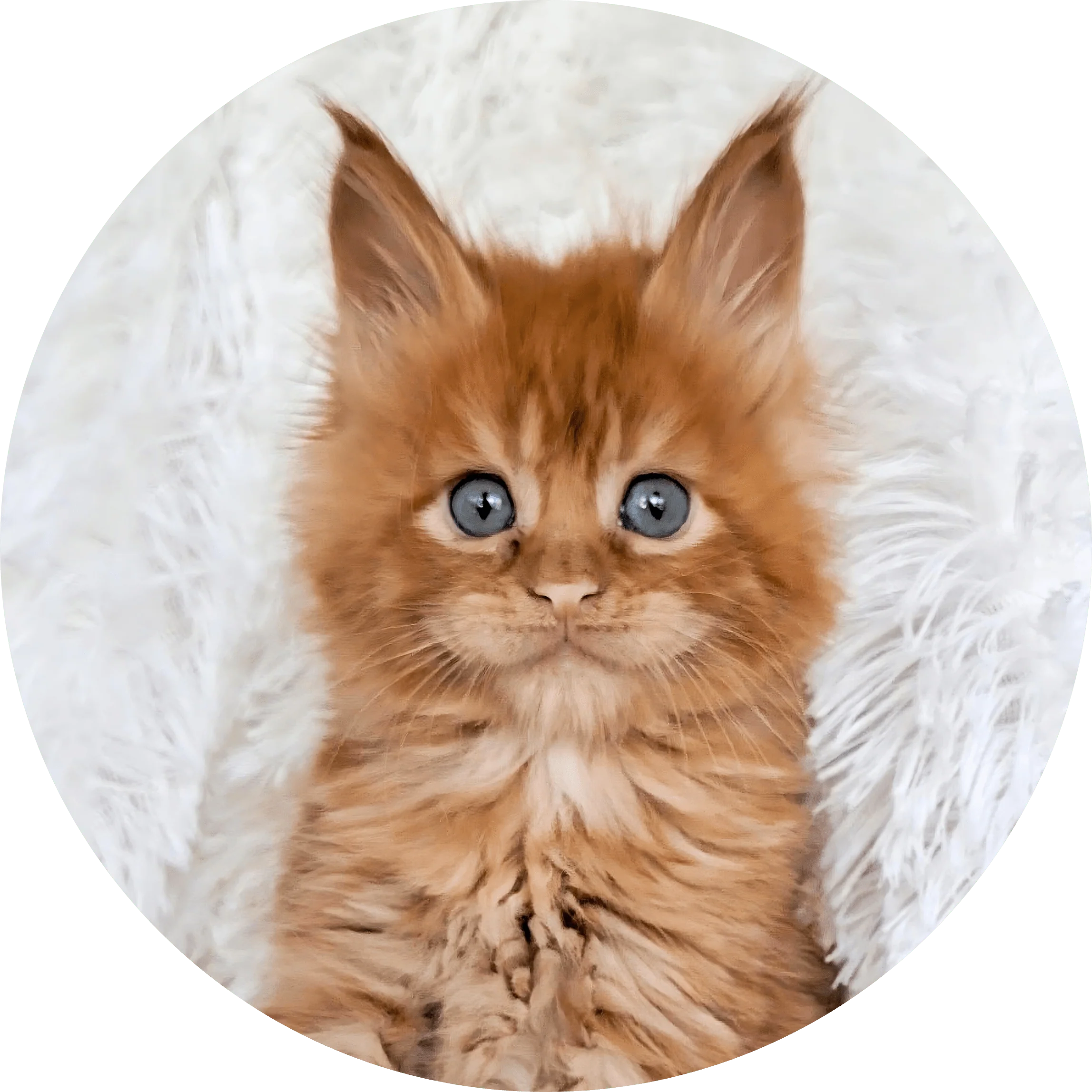
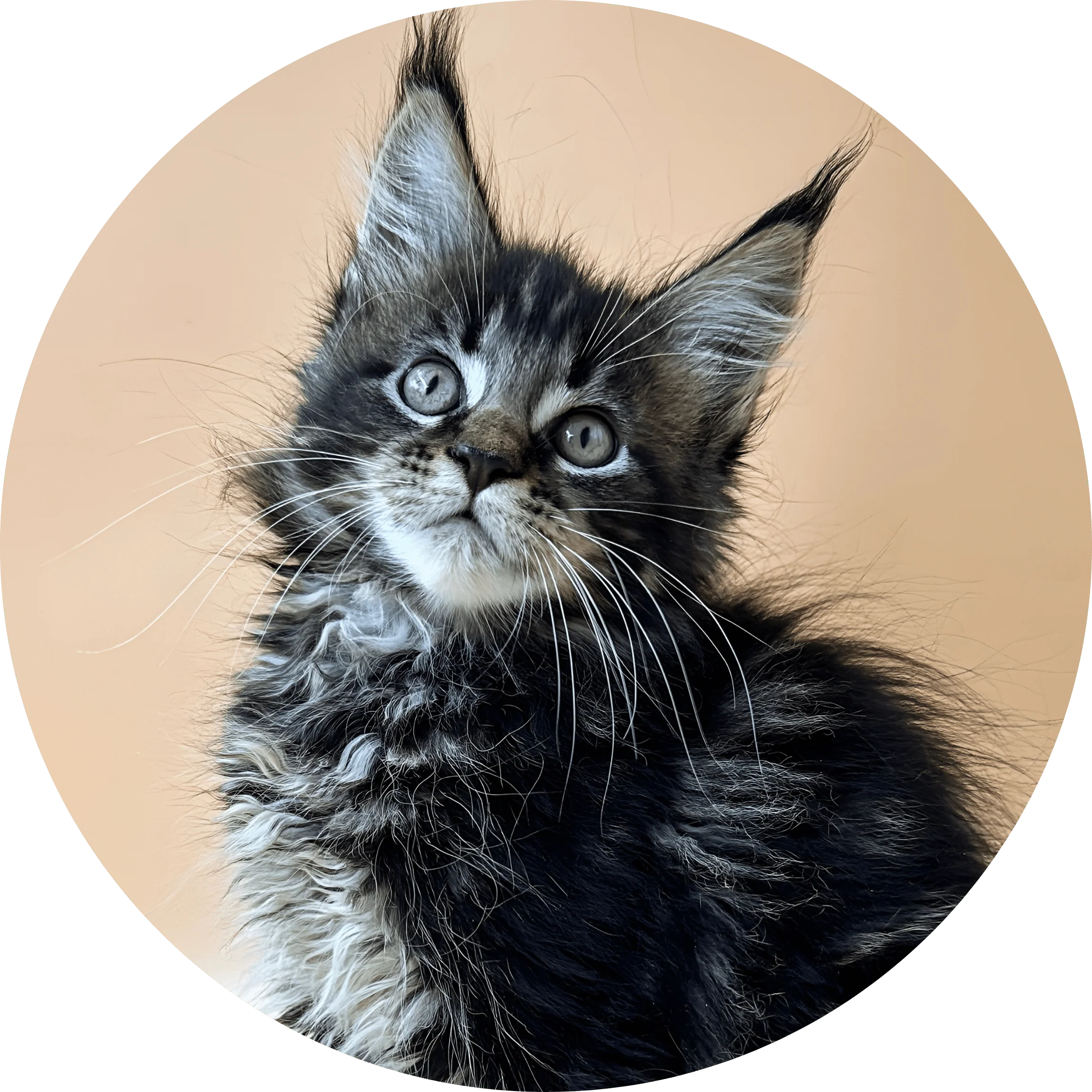
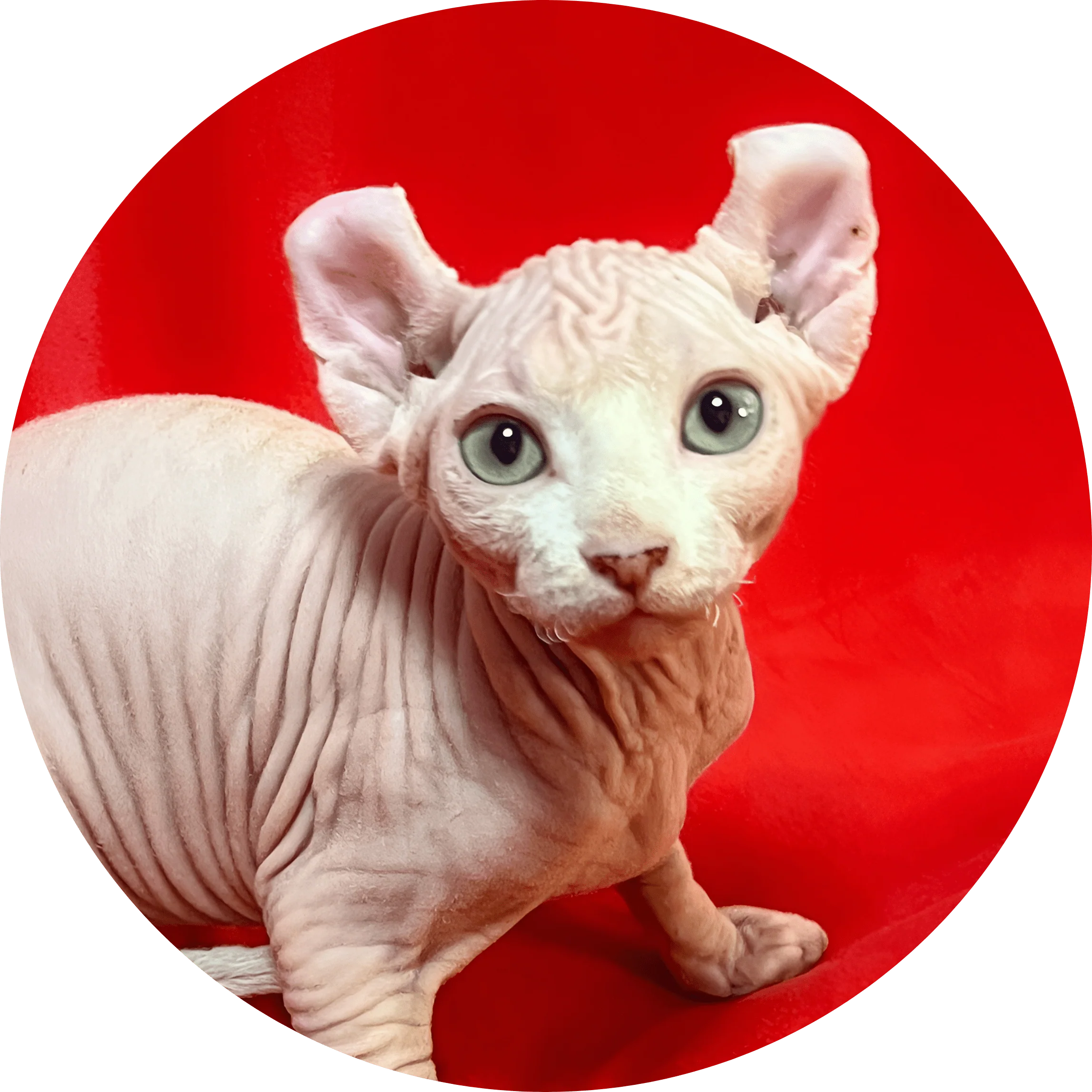

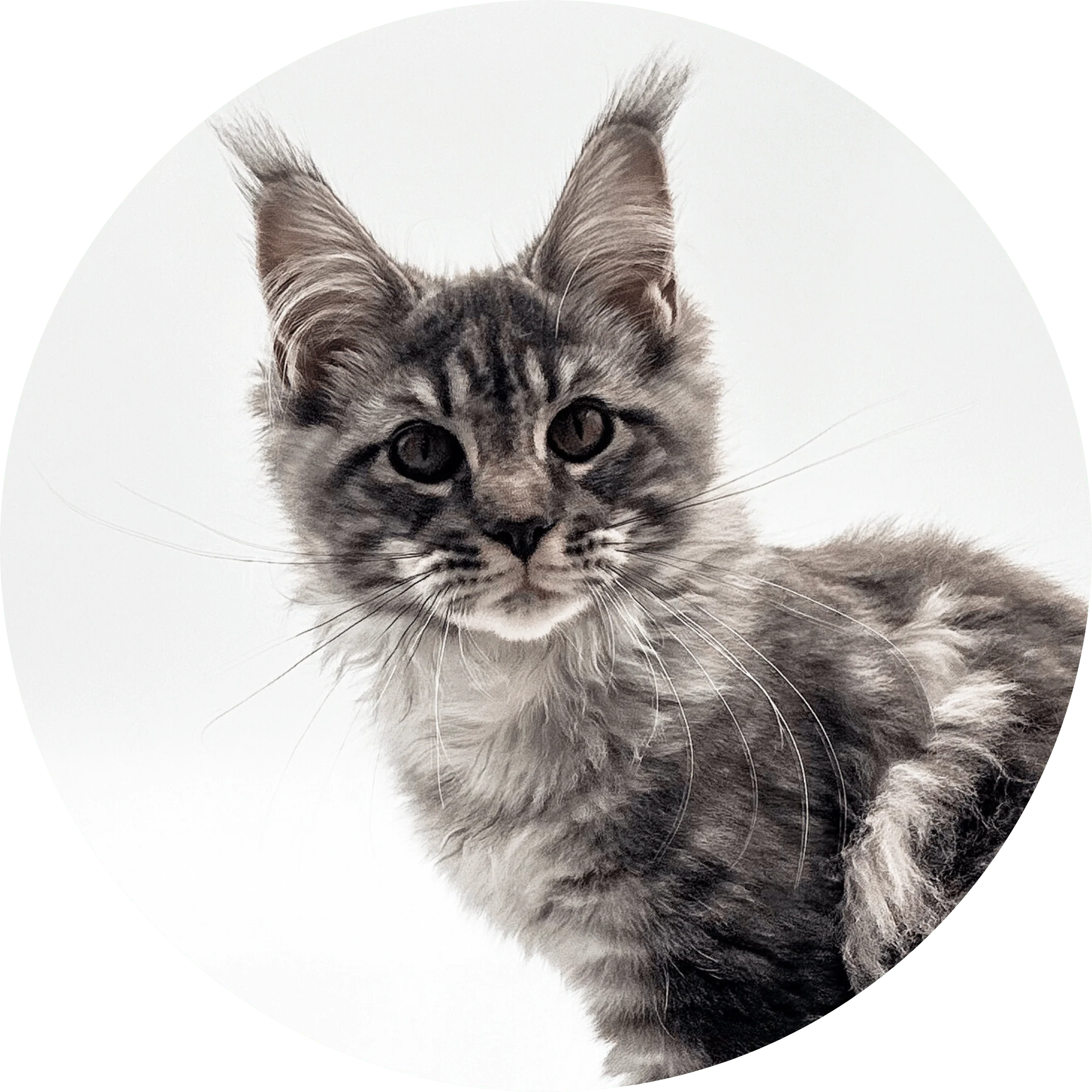



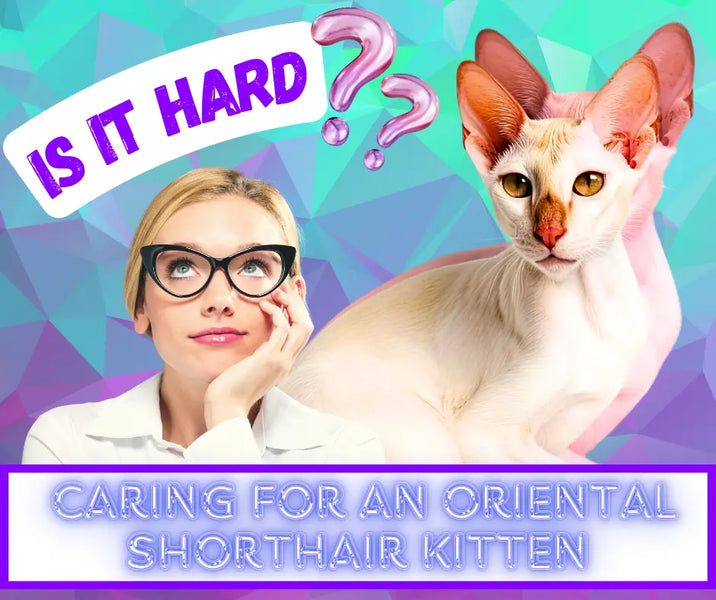



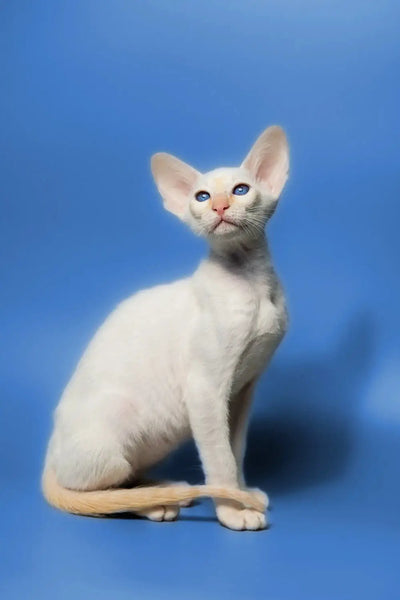
Comments(0)